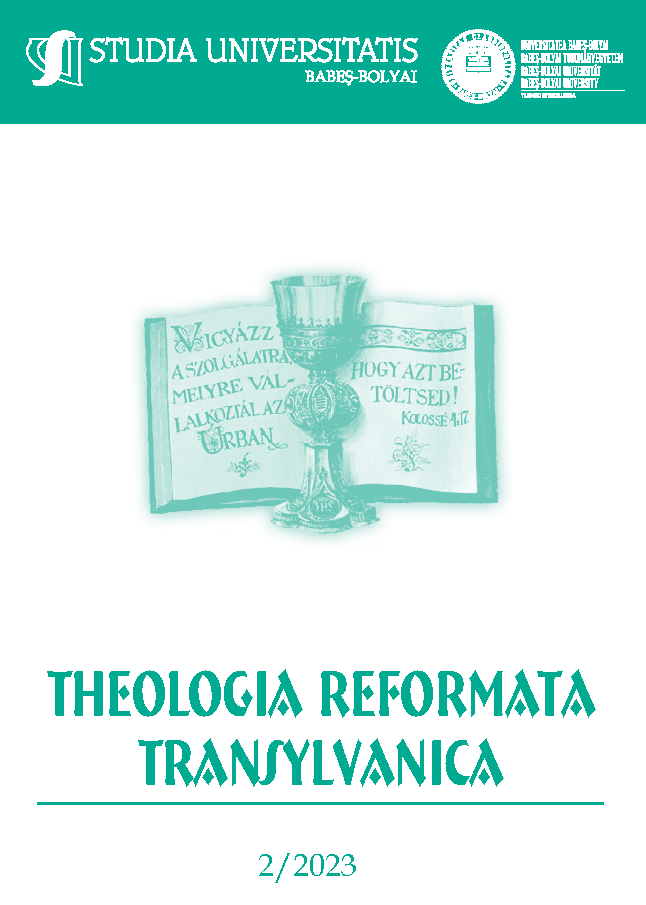A VALLÁSOSSÁG ÖSSZEFÜGGÉSEI A MENTÁLIS EGÉSZSÉGGEL ÉS A JÓLLÉTTEL A COVID-19 VILÁGJÁRVÁNY IDEJÉN
THE RELATIONSHIP OF RELIGIOSITY WITH MENTAL HEALTH AND WELL-BEING DURING THE COVID-19 PANDEMIC
Author(s): Judit Rixer, Andrea FerencziSubject(s): Pastoral Theology
Published by: Studia Universitatis Babes-Bolyai
Keywords: religiosity; institutional religiosity; well-being; mental health; coronavirus;
Summary/Abstract: The Relationship of Religiosity with Mental Health and Well-Being during the COVID-19 Pandemic. The relationship between religiosity and mental health is a popular area of research in the psychology of religion. A considerable body of research supports the positive effects of religion on both psychological and physical well-being. The present research aimed to explore the links between these areas during the coronavirus pandemic. In our quantitative online study, we analysed data from 2,269 (1,022 men and 1,407 women, mean age 43 years, SD = 16–95 years) healthy individuals aged 16 years and over. A complete test battery was used for the analysis, including the DUREL Religiousness Questionnaire and the PHS-WB General Well-Being Scale, as well as a question on faith in God. Our results show that our dimensions of religiosity: belief in God, institutional and non-institutional religiosity, and intrinsic orientation are positively related to two dimensions of general well-being, mental and social well-being. Those who regularly practise their religion in an institutional setting, report significantly better mental and social well-being than those who are not regular religious practitioners.
Journal: Studia Universitatis Babeș - Bolyai Theologia Reformata Transylvanica
- Issue Year: 68/2023
- Issue No: 2
- Page Range: 221-245
- Page Count: 25
- Language: Hungarian

